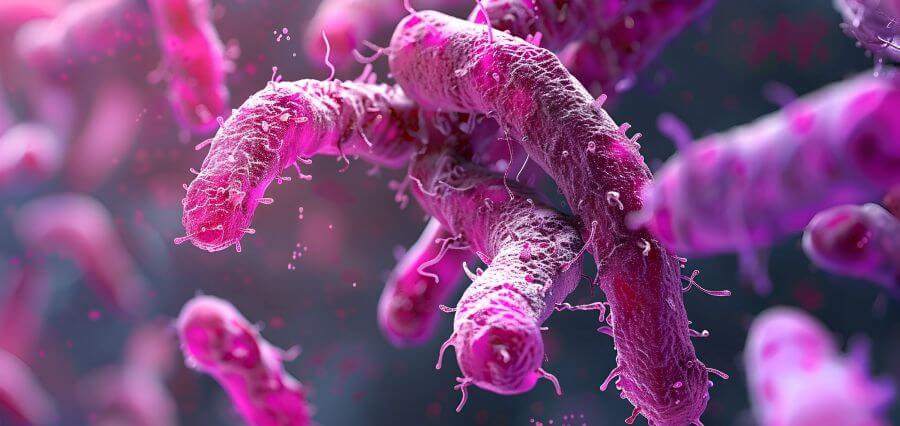A recent study, sponsored and co-funded by the National Institutes of Health’s National Institute of Allergy and Infectious Diseases (NIAID), has revealed significant insights into preventing peanut allergies in children. The study, published in the journal NEJM Evidence, highlights the effectiveness of introducing peanut products to children from infancy to age 5 in reducing the risk of peanut allergy by 71% in adolescence, regardless of subsequent consumption patterns.
The findings emphasize the importance of early allergen exposure in preventing peanut allergies long-term. NIAID Director Jeanne Marrazzo, M.D., M.P.H., underscores the significance of these results, stating that following established guidelines for introducing peanut products to infants can offer lasting protection against peanut allergies, potentially preventing thousands of cases annually in the United States.
This study, known as the LEAP-Trio study, builds upon earlier research from the Learning Early About Peanut Allergy (LEAP) clinical trial and the subsequent LEAP-On study, both supported by NIAID. The original LEAP trial demonstrated an 81% reduction in peanut allergy risk at age 5 for children who regularly consumed peanut products compared to those who avoided them.
In the LEAP-Trio study, participants were allowed to choose their peanut consumption habits from childhood into adolescence. The results showed that early introduction of peanut products continued to provide protection against peanut allergies into adolescence, with a 71% lower risk in those who consumed peanuts early compared to those who avoided them.
The study enrolled 508 participants from the original LEAP trial, with oral food challenges confirming the prevalence of peanut allergies in adolescents. Notably, the protective effect of early peanut consumption persisted even when participants varied in their peanut consumption patterns throughout childhood and early adolescence.
These findings offer compelling evidence supporting the benefits of early peanut consumption in reducing the risk of peanut allergies, highlighting a simple and effective strategy for parents and caregivers to consider in allergy prevention for their children.
Read More: Click Here





